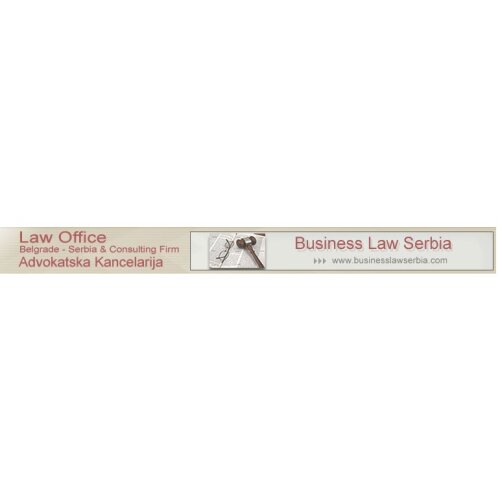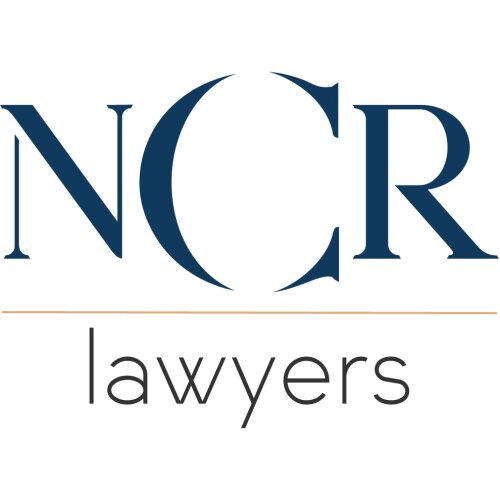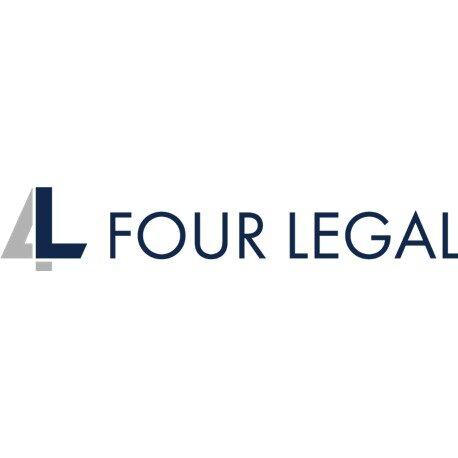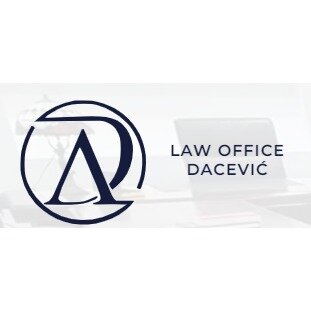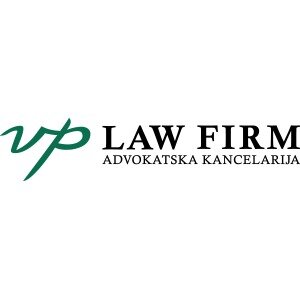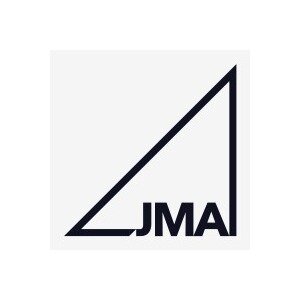Best International Trade Law Lawyers in Serbia
Share your needs with us, get contacted by law firms.
Free. Takes 2 min.
Or refine your search by selecting a city:
List of the best lawyers in Serbia
Legal guides written by Business Law office - Advokatska Kancelarija:
- Why Invest In Serbia
About International Trade Law in Serbia
International Trade Law in Serbia encompasses the regulations and practices governing the exchange of goods and services across international borders. It incorporates elements of national and international law to ensure fair trade practices between Serbian entities and their global counterparts. Serbia's alignment with the European Union’s policies, despite not being a member, plays a significant role in shaping its trade regulations. Furthermore, Serbia has various bilateral and multilateral agreements to facilitate smoother trade relationships.
Why You May Need a Lawyer
Engaging a lawyer specialized in International Trade Law may be essential in several situations, including:
- Navigating complex import/export regulations and compliance with local and international trade laws.
- Dealing with disputes arising from breaches of international trade agreements or contracts.
- Understanding and handling customs procedures and tariffs.
- Protecting intellectual property rights in cross-border transactions.
- Negotiating trade agreements and drafting comprehensive contracts.
- Advising on the implications of Serbia's agreements with entities like the European Union and the World Trade Organization.
Local Laws Overview
Serbia’s trade legislation is shaped by various local laws, often influenced by its potential accession to the European Union. Key aspects include:
- The Law on Foreign Trade Operations governs the general framework for the exchange of goods and services.
- The Customs Law aligns with international practices and regulates customs policies, tariff structures, and procedures.
- The Foreign Exchange Operations Law oversees currency regulations affecting trade payments.
- Various bilateral trade agreements facilitate preferential trade terms with specific countries.
- Adherence to international treaties and standards, such as those from the World Trade Organization (WTO) and trade preference systems.
Frequently Asked Questions
What is the main regulatory body for international trade in Serbia?
The Ministry of Trade, Tourism and Telecommunications oversees international trade operations in Serbia, ensuring compliance with both local and international trade laws.
Do I need a specific license to import goods into Serbia?
Yes, businesses often require import licenses for certain categories of goods. It's important to verify which products require licenses under Serbian law.
How does Serbia handle trade disputes?
Trade disputes can be resolved through arbitration or litigation in Serbian courts. Serbia also abides by international dispute resolution bodies as per treaty obligations.
Are there preferential tariffs for certain countries?
Yes, Serbia has several free trade agreements that permit reduced or zero tariffs, notably with the European Union, CEFTA countries, and others.
What must I consider regarding intellectual property in trade?
Businesses should ensure their intellectual property rights are protected under local law and compatible international agreements Serbia is a part of.
How do Serbia's trade laws align with EU regulations?
While not an EU member, Serbia has harmonized many of its trade laws with EU standards in anticipation of potential membership.
How are customs duties calculated?
Customs duties in Serbia are calculated based on the classification, origin, and value of the goods in accordance with the Harmonized System (HS) used globally.
Are there any sanctions or trade restrictions to consider?
Exports and imports may be subject to sanctions or restrictions, particularly goods from or to regions under international embargoes.
What are the common challenges in Serbian international trade?
Challenges include complex customs procedures, need for regulatory compliance, and navigating frequent legislative updates.
Can foreign businesses establish subsidiaries in Serbia?
Yes, foreign companies can establish subsidiaries, but must comply with local legal requirements for business operations.
Additional Resources
Here are some valuable resources for understanding and navigating International Trade Law in Serbia:
- The Ministry of Trade, Tourism and Telecommunications: Offers a comprehensive guide to trade regulations and updates.
- Chamber of Commerce and Industry of Serbia: Provides support and information for businesses engaged in international trade.
- European Union's Delegation to Serbia: A source of information on Serbia’s alignment with EU trade practices.
- World Trade Organization (WTO): Access to insights about Serbia’s role and commitments within the WTO framework.
Next Steps
If you require legal assistance in International Trade Law in Serbia, consider the following steps:
- Identify the specific legal issue or challenge your business is facing.
- Seek a reputable law firm or legal expert specializing in International Trade Law to provide counsel.
- Prepare all relevant documentation, including contracts, licenses, and correspondence related to your inquiry.
- Engage in a consultation to understand your options, potential risks, and recommended legal strategies.
- Follow through with professional guidance to ensure compliance and effective resolution of your trade-related matters.
Lawzana helps you find the best lawyers and law firms in Serbia through a curated and pre-screened list of qualified legal professionals. Our platform offers rankings and detailed profiles of attorneys and law firms, allowing you to compare based on practice areas, including International Trade Law, experience, and client feedback.
Each profile includes a description of the firm's areas of practice, client reviews, team members and partners, year of establishment, spoken languages, office locations, contact information, social media presence, and any published articles or resources. Most firms on our platform speak English and are experienced in both local and international legal matters.
Get a quote from top-rated law firms in Serbia — quickly, securely, and without unnecessary hassle.
Disclaimer:
The information provided on this page is for general informational purposes only and does not constitute legal advice. While we strive to ensure the accuracy and relevance of the content, legal information may change over time, and interpretations of the law can vary. You should always consult with a qualified legal professional for advice specific to your situation.
We disclaim all liability for actions taken or not taken based on the content of this page. If you believe any information is incorrect or outdated, please contact us, and we will review and update it where appropriate.
Browse international trade law law firms by city in Serbia
Refine your search by selecting a city.





